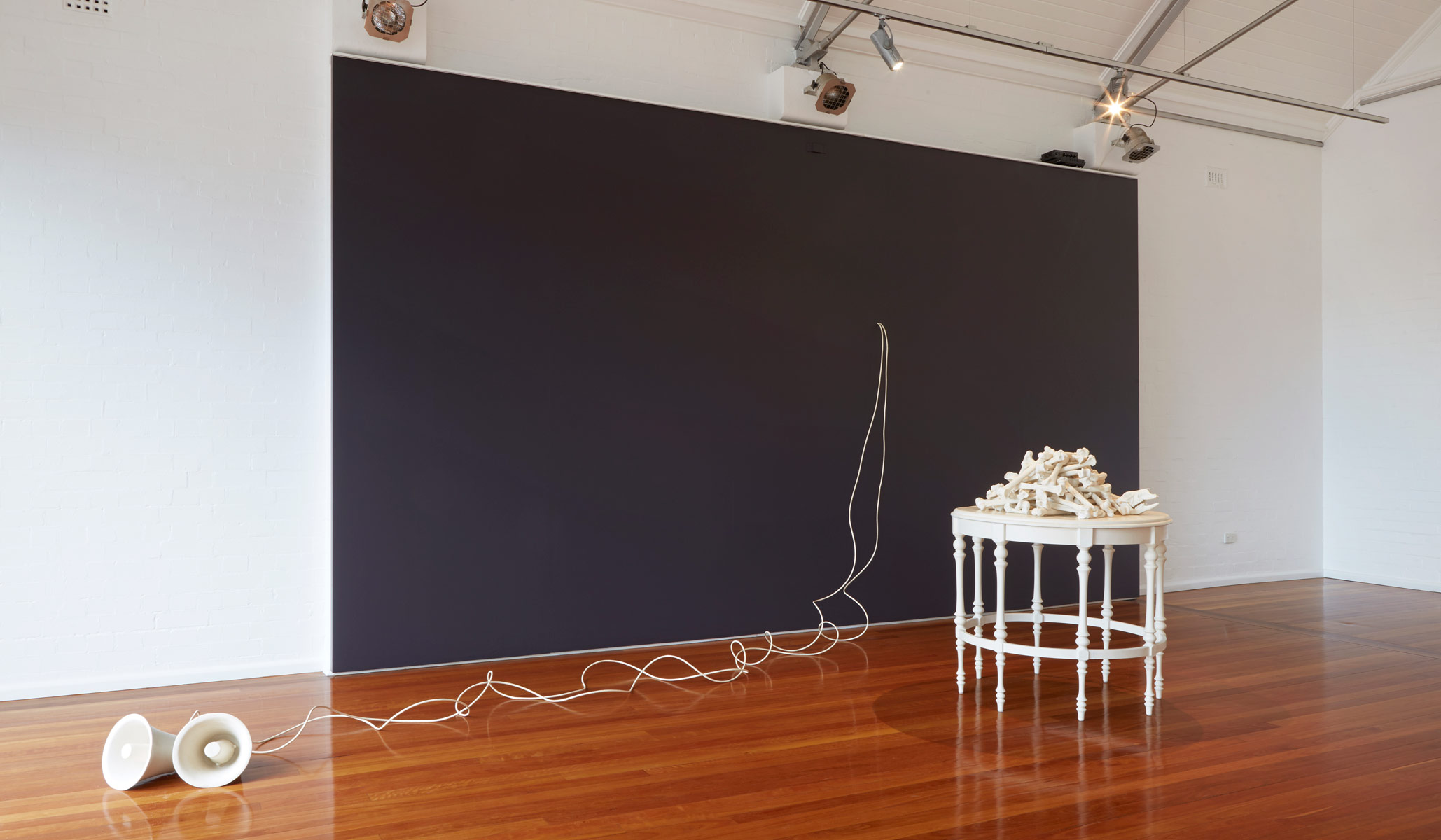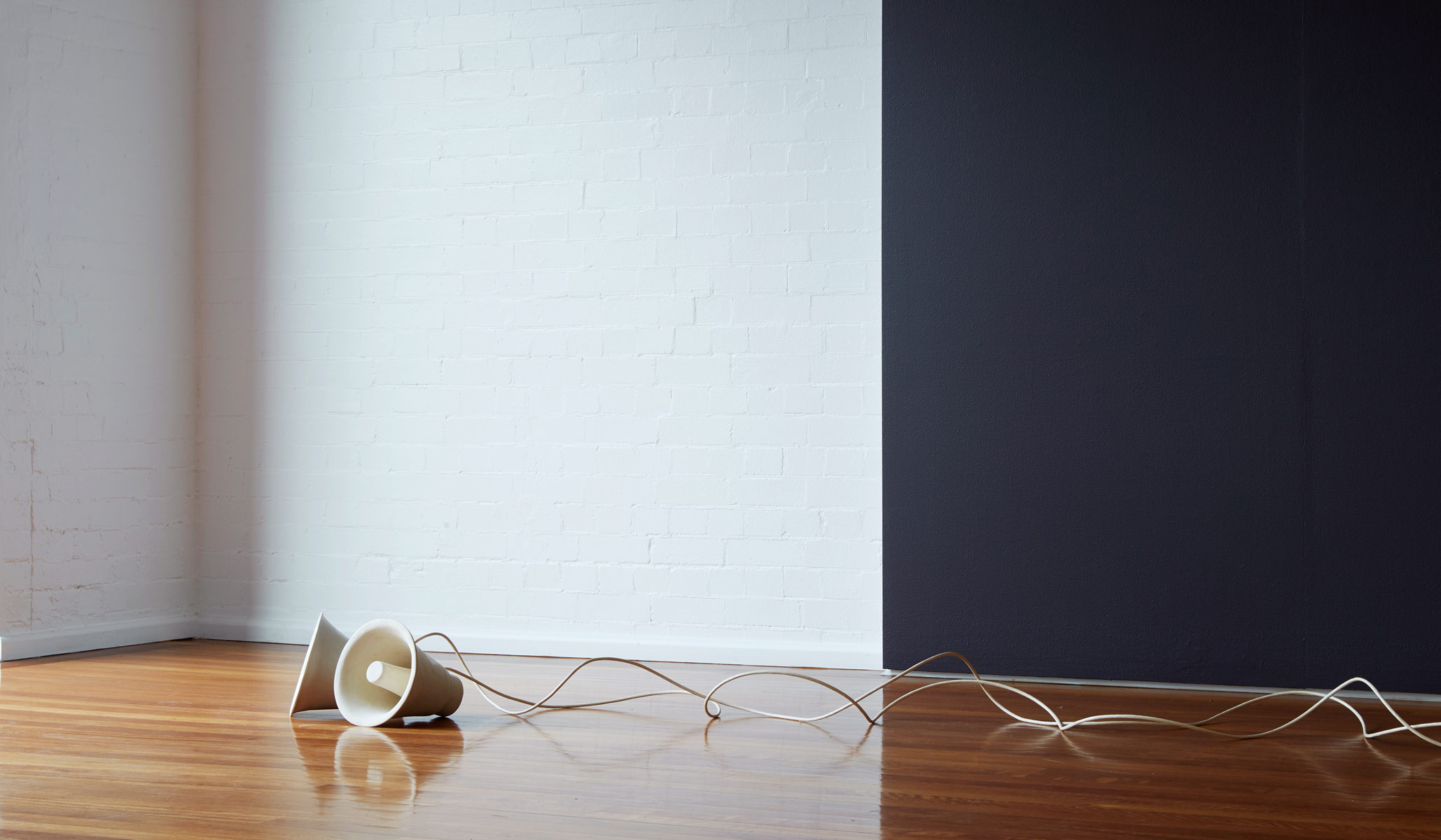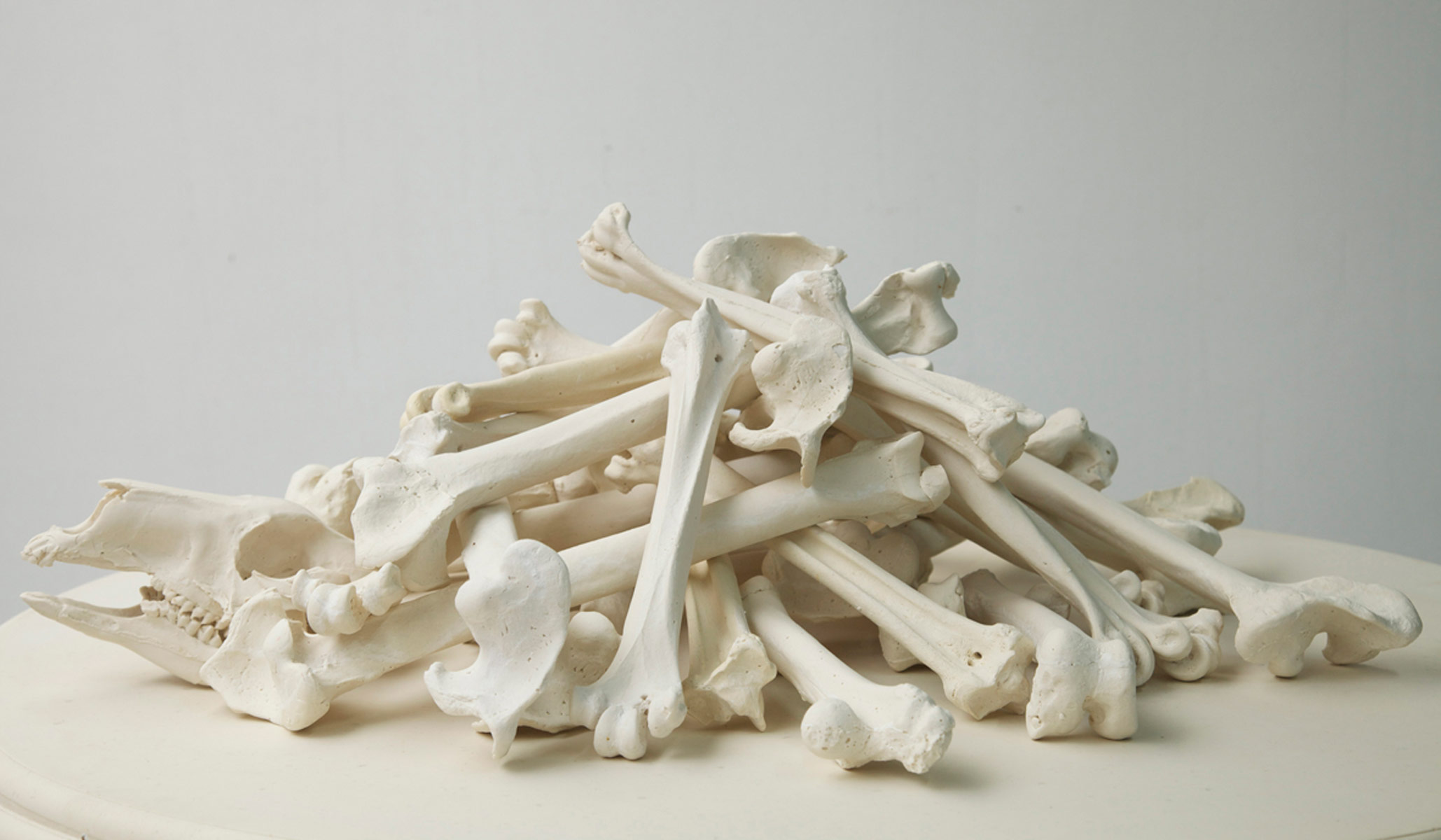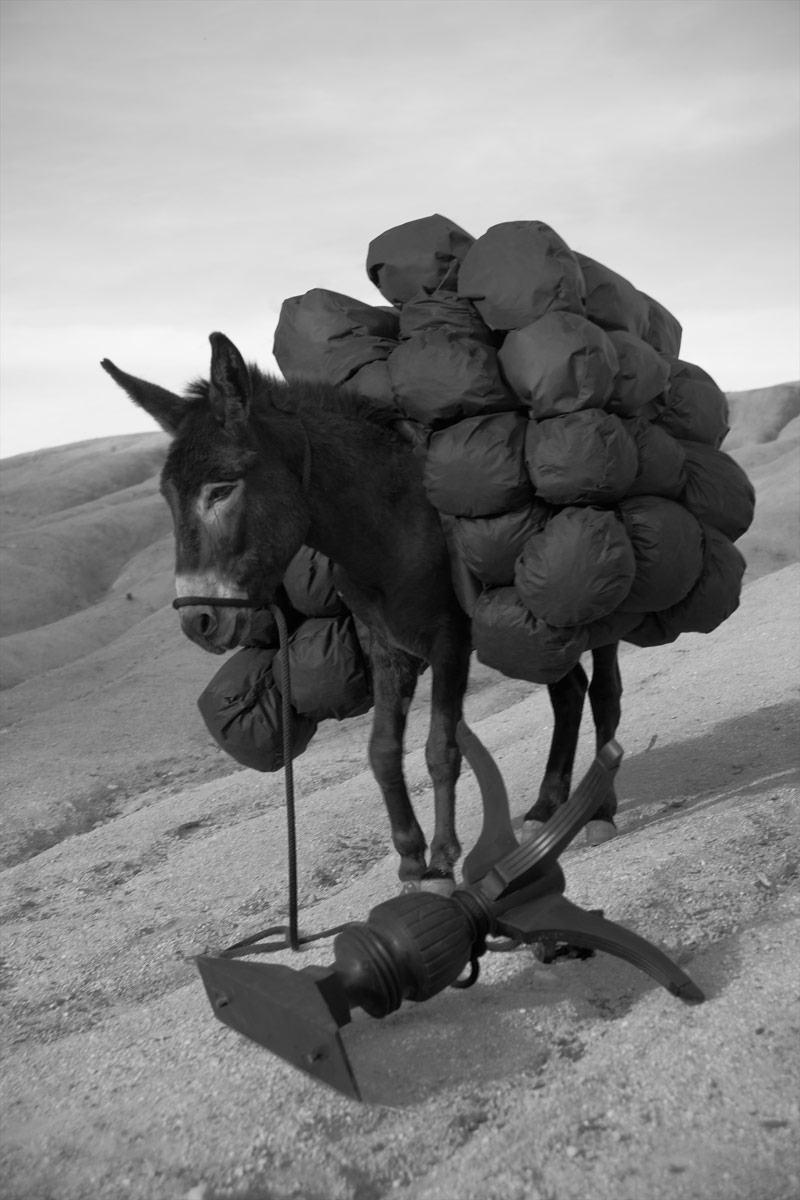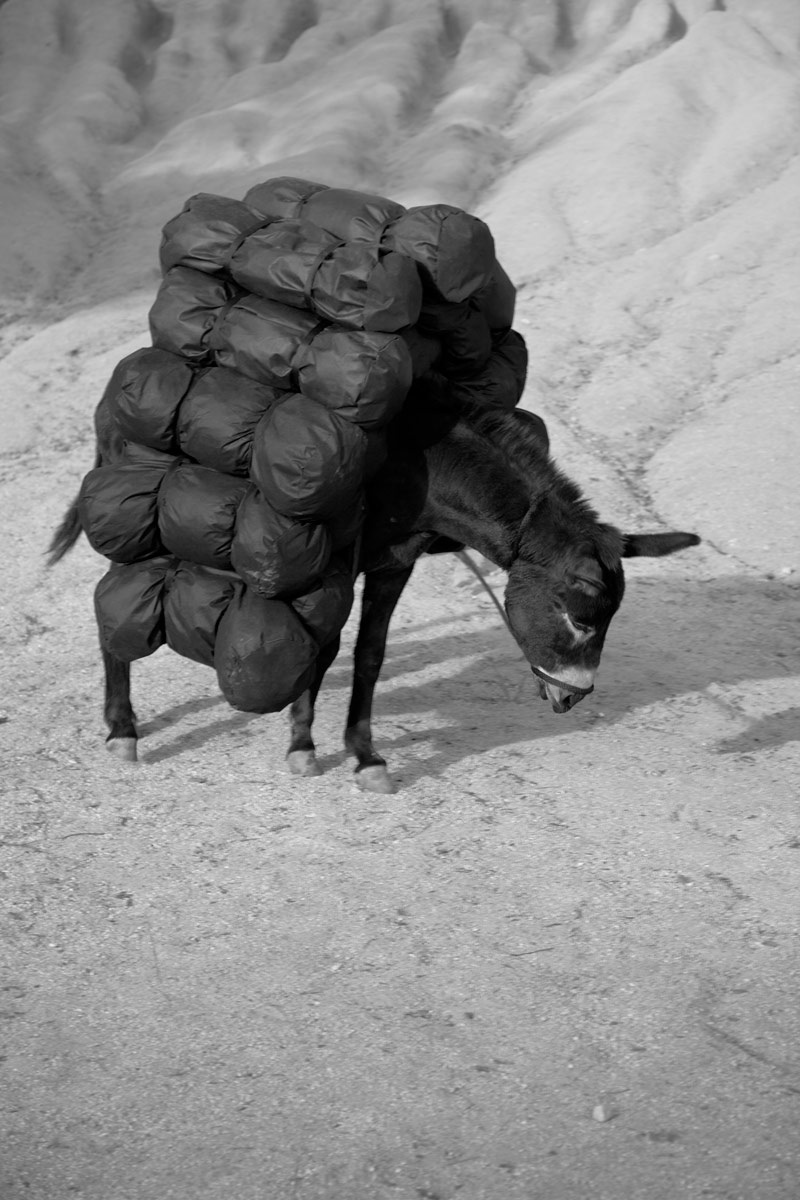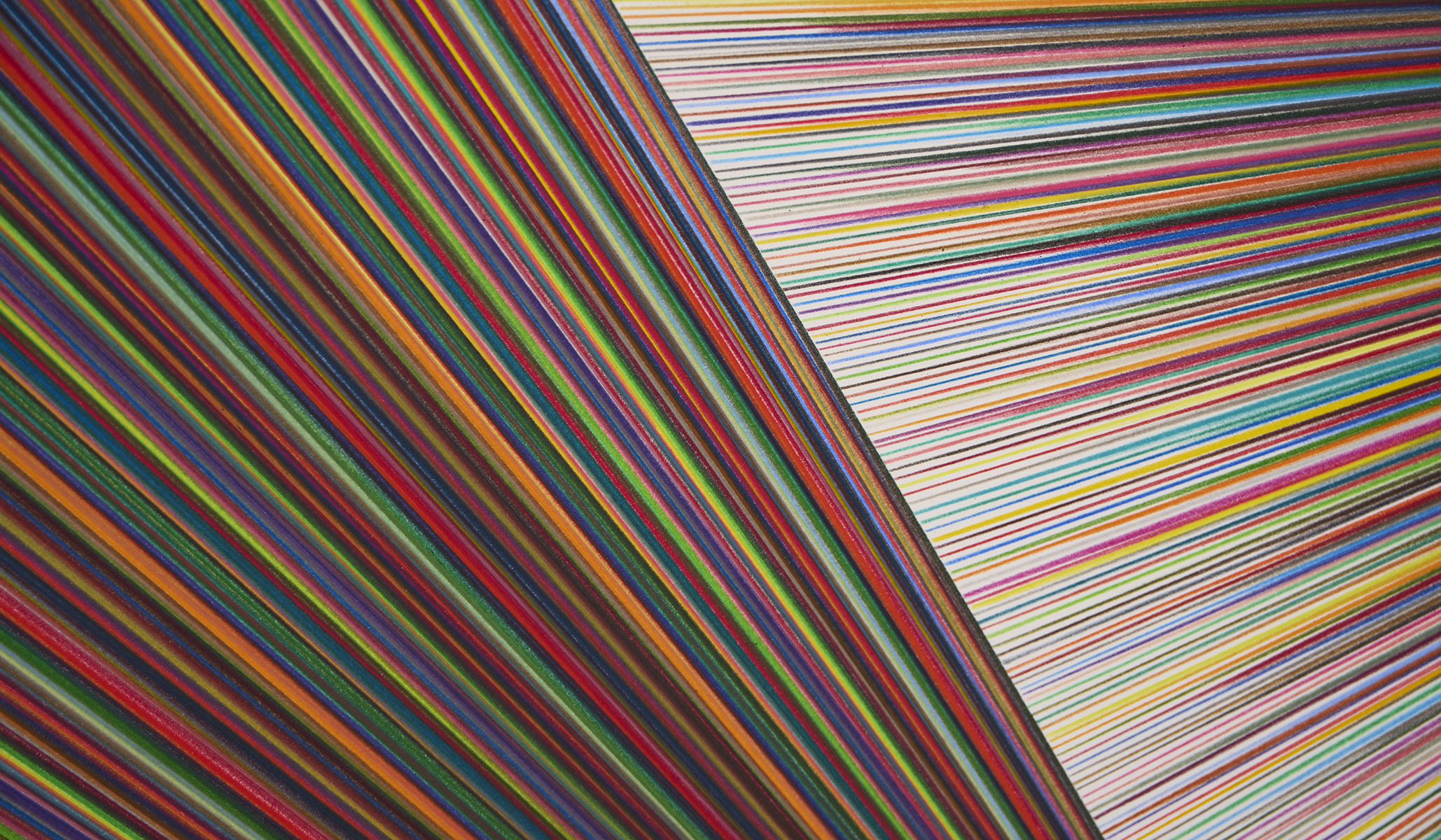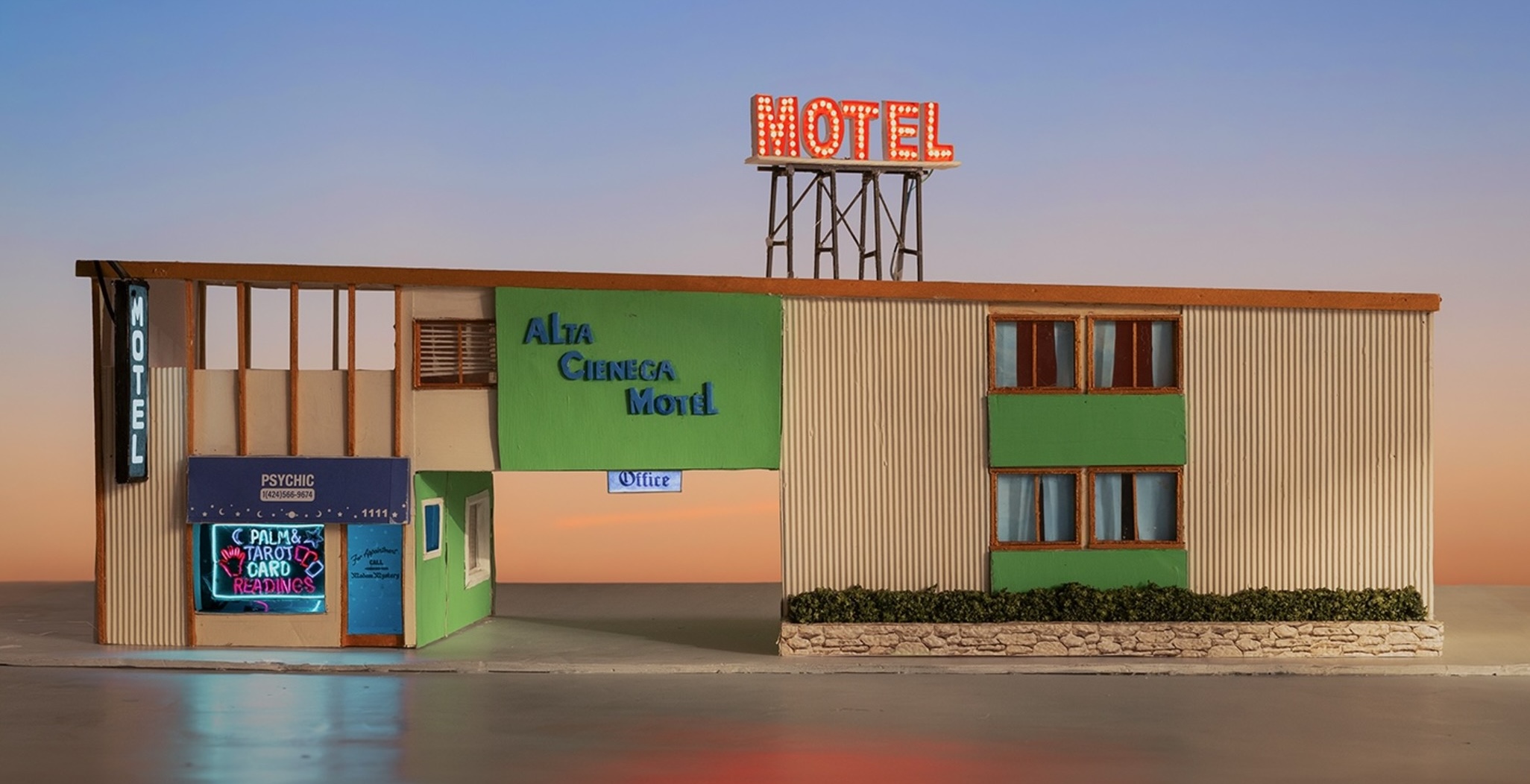Exhibition
Hayden Fowler presents his latest body of works Future distant history exploring Australia’s colonial history, it’s intersection with invasive capitalist endeavours and the resultant environmental and cultural scars still evident today…
Provoked by the rupture and challenge of colonial histories and the impact of chemical and exploitative industrial practices in the devastation of the environment, Hayden Fowler’s melancholic yet poetic images and objects are a continuing lament for the future and relations between capitalism, humanity and the natural world.
His Australia, is an installation of skeletal bleached bone – a graveyard of ecology and humanity, piled onto the altar of an intricately carved Colonial table redolent of white drawing rooms and devastation of land and peoples and whole species of animals and ecosystems for mercantile and political ends. Hayden Fowler’s art practice is vested in his observation that “… the inherent value and rights of existing peoples, culture, landscape and ecologies were at very best, discounted. Today the landscape stands depleted while this model of exploitation continues.”
The table too appears as bone, like the blanched carcass of a beast surrendered to the desert; a forewarning for the brutal ideologies of power and oppression of a destiny already written into the future. Cast plaster speakers in the installation broadcast the insistent ringing of cicadas for a macabre pastorale. The call and response cadence of the cicadas’ chorus recall ancient birds as augurs, or canaries in a mineshaft – silence signaling danger, their song heralding resistance and continuity. The insects’ shrill siren is a paean in an ecological and political sense to what the artist signals is “A scarred continent, resonating with absence, but also with menace and resilience…”
A version of Australia was originally commissioned by the New Landscapes Institute for a Creative Research Project with artists and architects to explore the significance and cultural impact of The Long Paddock, the colloquial name given to the nation-wide network of routes and reserves of the Travelling Stock Routes of Australia historically used for droving cattle and sheep across long distances. It is currently part of an exhibition touring Australia-wide.
Hayden Fowler’s large black and white landscape photographs give form to abnormalities within the environment by inserting into the terrain quasi-landforms of alien ‘landfill’, domed and peaked objects fashioned from inflated dense black industrial-grade plastic garbage bags.
The beyond-strange, looming forms, ominous portents of an emerging alien and hostile new nature, conjure up the awe and dark menace of majestic mountain and seascapes from art history and the Romantic sublime translated into a contemporary era as quiescent impending and unsettling omens of ecological tragedy.
The shifting realities and the unfolding of the unknown are further imagined and realized in a series of Hayden Fowler’s Brave new world images incorporating the humble donkey that he created during his recent artist-residency in Madrid.
A beleagured donkey, an enduring historical symbol of Spain enshrined in Cervantes’ literary epic Don Quixote, a beast of burden and loyal animal companion that has intimately accompanied the rises and falls of civilized history is projected in the works into an unknown future; one suggestive of a yet undecided combination of revolution, capitalist fall or apocalypse. The hapless donkey drags the remnants of a table pedestal, a last vestige of the weight and hubris of civilization. The Post-Apocalyptic donkey (like humanity) is burdened not only by the anchor of history which it drags behind it, but by the heavy weight of an uncertain future predicted to be hostile, bleak and catastrophic.
A perversely beautiful but sinister video work Silent Spring collapses time as the buds of pastel-hued hyacinths, harbingers of Spring and new life and hope unfold in a depleted sterile landscape beside a bubbling sulphurous pink spring, only to droop and wither.
The artist’s practice is continually motivated by the global crisis impacting nature and humanity, widely acknowledged to be at a point of no return. His ideas relate the destruction of the environment to the degradation of culture and denaturing of humanity. His works and research explore the historical influences leading to this moment, as well as his projections and propositions of possible future outcomes.
Hayden Fowler exhibits nationally and internationally and his work is held in significant public and private collections. He holds a Master of Fine Arts and an earlier degree in Ecology.
Barbara Dowse
Curator

